4 Christmas Dangers for Dogs and How to Prevent Them

The festive season is usually a period with many new and exciting things – delicious food, tasty treats, attractive decorations, presents, etc. Unfortunately, it’s also the time veterinary institutions receive the most emergency calls, and it’s often because our four-legged friends ingested something unusual or toxic. Knowing the Christmas dangers for dogs and how to prevent them is, therefore, crucial to enjoying a stress-free holiday.
Christmas dangers for dogs include toxic foods, drinks, treats, seasonal plants, and decorations. The season also sees many unfamiliar guests in the home, which can be stressful for dogs. For these reasons, there’s a need to always supervise the dogs to ensure their safety and well-being.
In this article, we shall discuss the top Christmas dangers for dogs and how to prevent them. Read on to learn how to keep your furry companion safe this festive season so they can enjoy the celebrations, too!
4 Christmas Dangers for Dogs and How to Prevent Them
1. Human Food Toxicity
Christmas is associated with eating, drinking, and making merry with friends and family. And even though your pup may top your list of family, giving them some of your festive delicacies can cause serious illness, if not life-threatening.
Recent statistics indicate that canines are 75% more prone to food poisoning in December than at any other time. And yes, your guess is as good as mine – our food is most often the culprit.
For this reason, it’s crucial to know the most hazardous human foods to keep out of your dog’s reach during Christmas. They include:
Chocolate
We usually have lots of chocolate around the house at Christmas time and often at paw reach.
Chocolate contains caffeine and theobromine, which can cause serious consequences when dogs ingest.
These chemicals are stimulants and can induce stomach upsets, seizures, and cardiac abnormalities in dogs.
Nuts
Nut ingestion poses health risks in dogs, so never put nut snack bags under the Christmas tree or in stockings. Besides being potential choking hazards, they can cause gastrointestinal issues due to their high fat content.
Macadamia nuts are even more dangerous to dogs. Its consumption is linked with lethargy, hypothermia, vomiting, and CNS depression.
Christmas Pudding, Cake, and Mince Pies
Most of our favourite holiday treats contain grapes and dried vine fruits such as raisins, currants, and sultanas. These ingredients are fatal when taken by dogs. They can cause kidney damage, which can result in kidney failure.
As such, foods such as mince pies, fruitcakes, panettones, and Christmas puddings should never be accessible to dogs.
Bones
It can be tempting to give your pup leftover bones from meat, poultry, and fish, but it’s dangerous.
Cooked bones are brittle and can break easily, causing a choking risk, tooth and gum injury, or obstruction in your dog’s intestines. Watch out for pets who love scavenging for scraps in bins.
Sweets
Candies, pudding, and baked products like biscuits and cookies usually contain sugarless sweeteners.
While most of them are safe for pets, commonly used xylitol can be fatal. The substance can induce hypoglycemia, seizures, and loss of coordination within minutes of ingestion.
Onion Gravy and Stuffing
Avoid giving your pet dishes with onions, garlic, leeks, shallot, or chives. These ingredients belong to the allium plant species and are toxic to dogs, raw or cooked. They’re associated with gastrointestinal issues and anaemia in pets.
Alcohol
Avoid leaving alcoholic drinks unsupervised. Alcohol affects pets in the same way it does to humans.
Alcohol poisoning in pets can lead to low blood sugar, pressure, and temperature. Severe cases can result in seizures and respiratory failure.
On a similar note, do not give your pet yeast dough. The yeast will ferment inside their stomach, causing bloating and alcohol poisoning.
2. Poisonous Festive Plants

Many of us adorn our homes with plenty of festive greenery during Christmas. We decorate our window sills with colourful poinsettia, living rooms with Christmas trees, and doorways with Ivy wreaths and mistletoes.
However, did you know that some of these festive plants pose a serious threat to pets?
Plants such as ivy, mistletoe, potpourri, yew, lilies, holly, and poinsettia are highly toxic when consumed by dogs.
Consider checking the ASPCA database before bringing in any plants.
Common pine, fir, spruce, and cypress Christmas trees are generally less toxic, but the water and oils they secrete can poison pets as they contain bacteria, fungus, and pesticides. And so, consider purchasing a tight-fitting tree skirt.
Furthermore, the sharp pine needles can fall from the plants and get swallowed by your canine, causing stomach upset and intestinal obstruction. Therefore, promptly clean up the pine needles when they drop. Alternatively, go for non-drop varieties or artificial trees.
Some dogs may also find Christmas trees irresistible to climb or knock over, endangering themselves and those around them. So, ensure the tree is secured with a stable base or attached to the wall.
Also, never leave your pup unattended around the Christmas trees. It’s better to keep them out of the room when you’re not around.
3. Christmas Decorations and Presents

Holiday decorations not only fascinate us but pets too. Unfortunately, they, too, can be dangerous to dogs in various ways, so try as much as you can to keep them out of their reach.
Some things to watch out for include:
- Ribbons, tinsel, and yarn: Your pup can swallow them, causing digestive tract blockage that may require emergency surgery.
- Ornaments: Glass ornaments can shatter, creating sharp fragments that cause mouth cuts when chewed. Plastic, wooden or fabric ornaments might be much safer around pets but pose a choking risk. Edible decorations made of chocolate or salt dough are also toxic.
- Snow globes: Snow globes contain ethylene glycol, a poisonous liquid found in antifreeze products. If they break open, keep pets and children away until all the glass and spills are removed.
- Electrical cables and fairy lights: Your pet can get tangled up in fairy light cables, causing panic and injury. They may suffer burns or electrocution from plugged-in naked wires. Swallowing a bulb can also pose a serious health risk.
- Candles: Curious dogs can easily knock over candles, causing severe burns or even a house fire.
Here are our top tips to keep your furry friend safe around Christmas tree decorations and presents.
- Hang the decorations high up on the tree to avoid your pet knocking them over or swallowing them.
- Use short extension cables and tape them on the wall or floor. Avoid using naked wires, and switch off the power when not in use.
- Use battery-powered candles instead of open-flamed ones.
- Avoid leaving presents under the trees. Your dog can ingest the ribbons and wrapping paper, causing stomach upset. Dispose of them appropriately after opening your gifts.
However, if your dog is the most curious type that’ll want to jump over everything, we recommend using a lead to restrict it for safety. The shock-absorbing lead is especially crucial for such a dog as it absorbs any shock that comes with straining. Therefore, you can rest assured that your pup will always be safe.
4. Unfamiliar Routines and Guests
The festive season brings a lot of friends and family together, most of whom may be unfamiliar to your dog. Strange faces, voices, and smells can trigger fear and anxiety in your pet, affecting their general well-being.
Discomfort with strangers can manifest in various ways, including:
- Decreased appetite
- Excessive vocalisation
- Aggressiveness
- Hiding
- Escaping attempts, etc.
Consider preparing for visitors in advance by creating a safe den for your pup. This is a place they can retreat to when they feel overwhelmed. Remember to provide everything they
need in their hideout, including food, water, and toys.
It’s also very easy during Christmas to go off-track regarding routines. Change in routine can also cause stress in your dog. Thus, it's crucial to maintain the routine your furry friend is accustomed to.
Ensure to feed your pet at the same time every day, and provide the usual amount of exercise and plenty of rest.
Bottom Line
Christmas is an exciting time of the year. But it can also pose a great danger to our beloved pets thanks to the abundance and accessibility of food, tasty treats, seasonal plants, and decorations.
This article about the 4 Christmas dangers for dogs and how to prevent them will go a long way in helping you avoid a trip to the ER this festive season. If you suspect that your pup has ingested, touched, or inhaled something foreign or toxic, consult a vet immediately.
Happy Holidays!
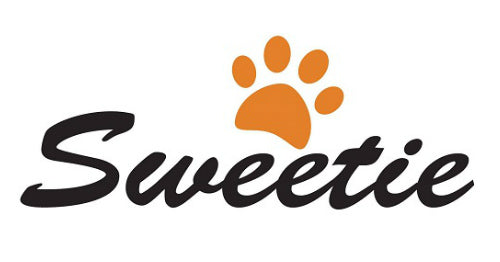
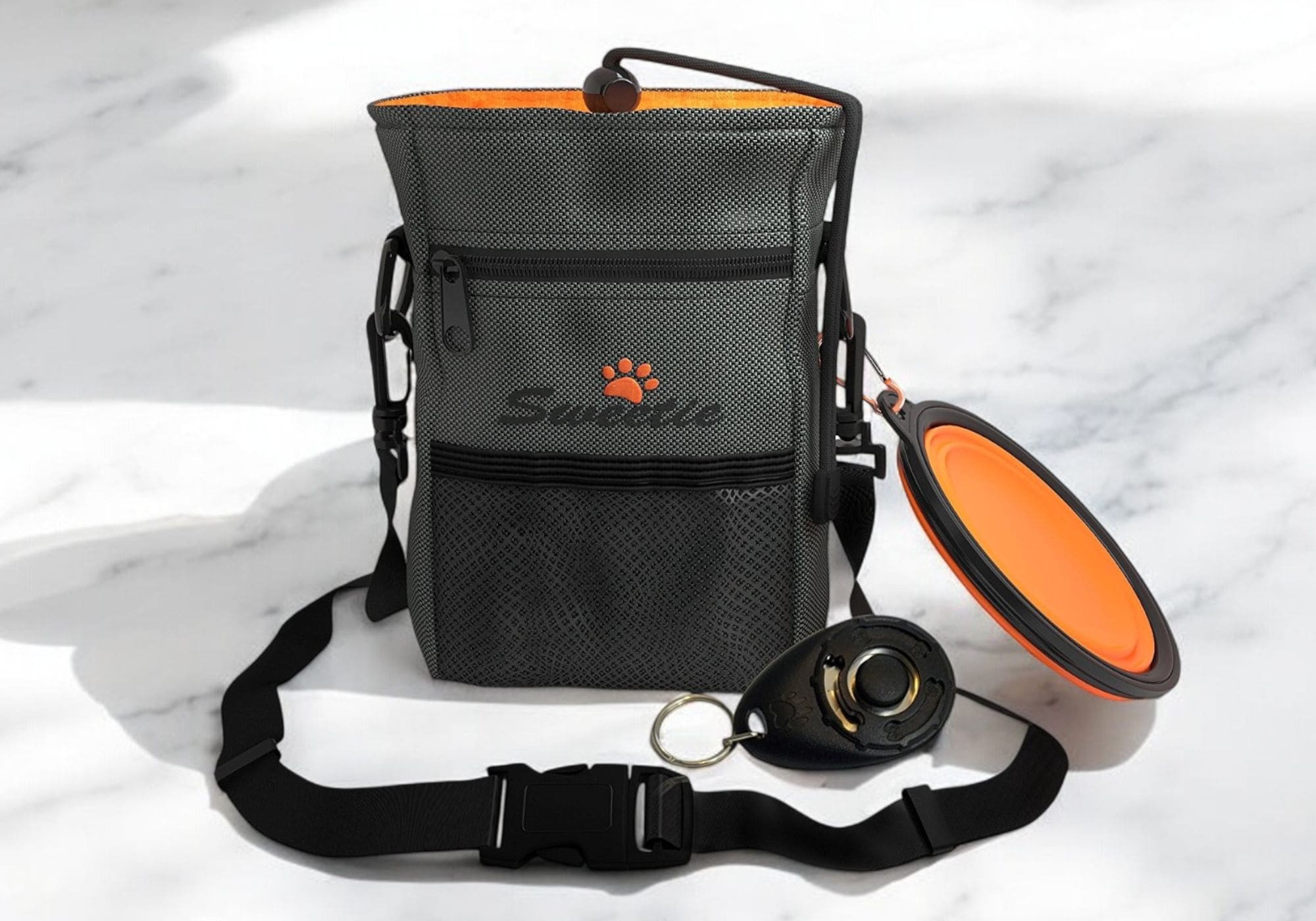

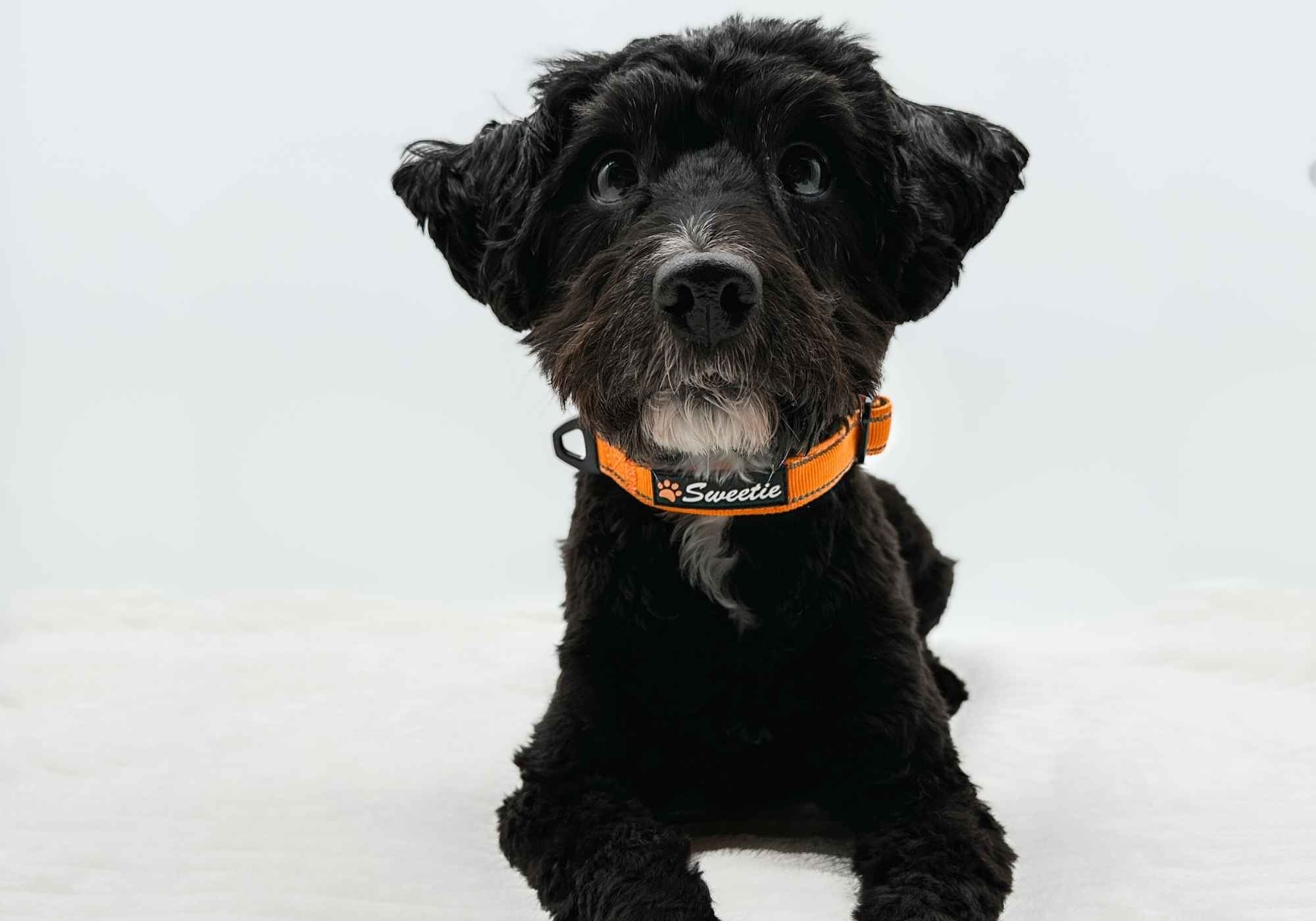
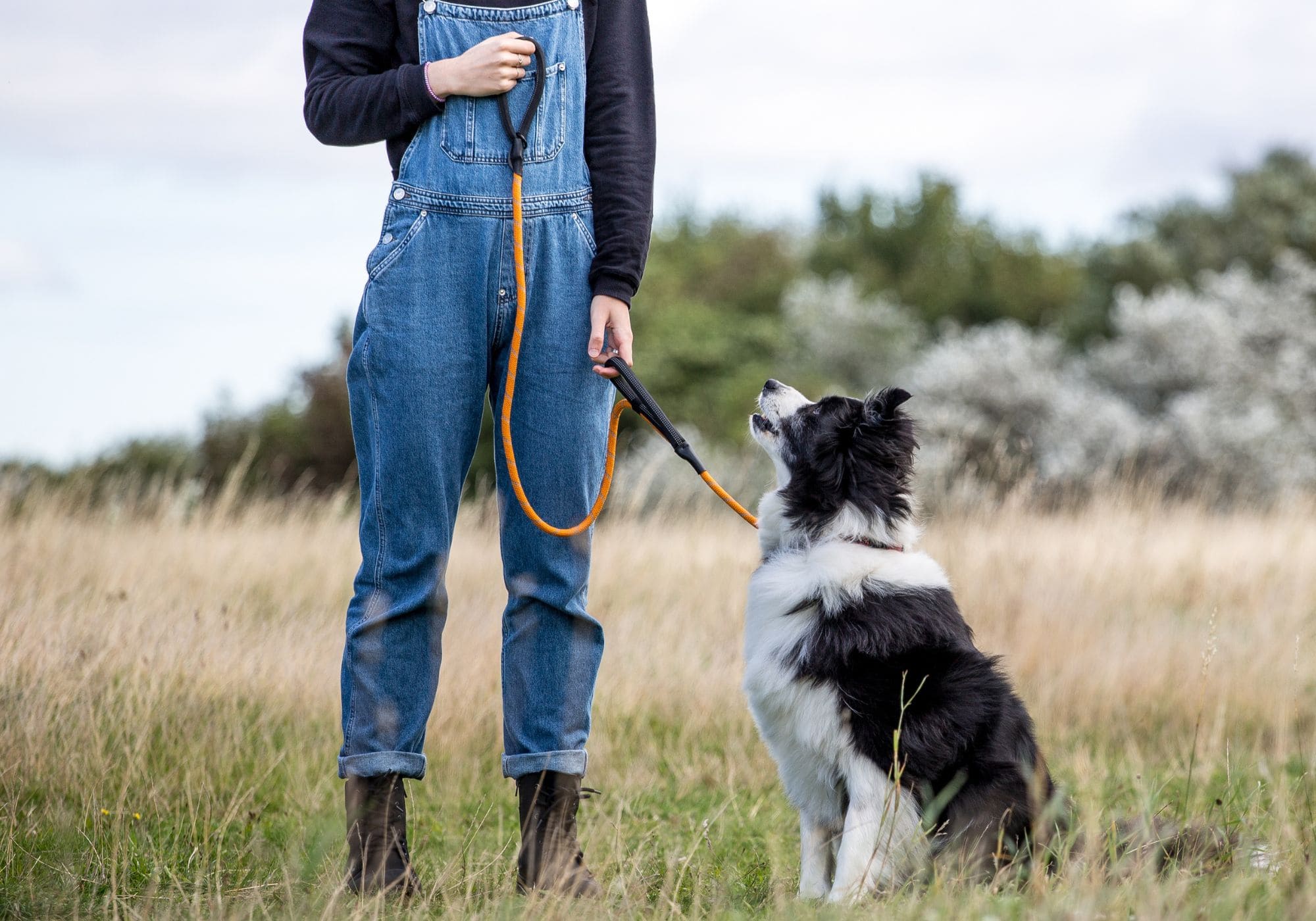
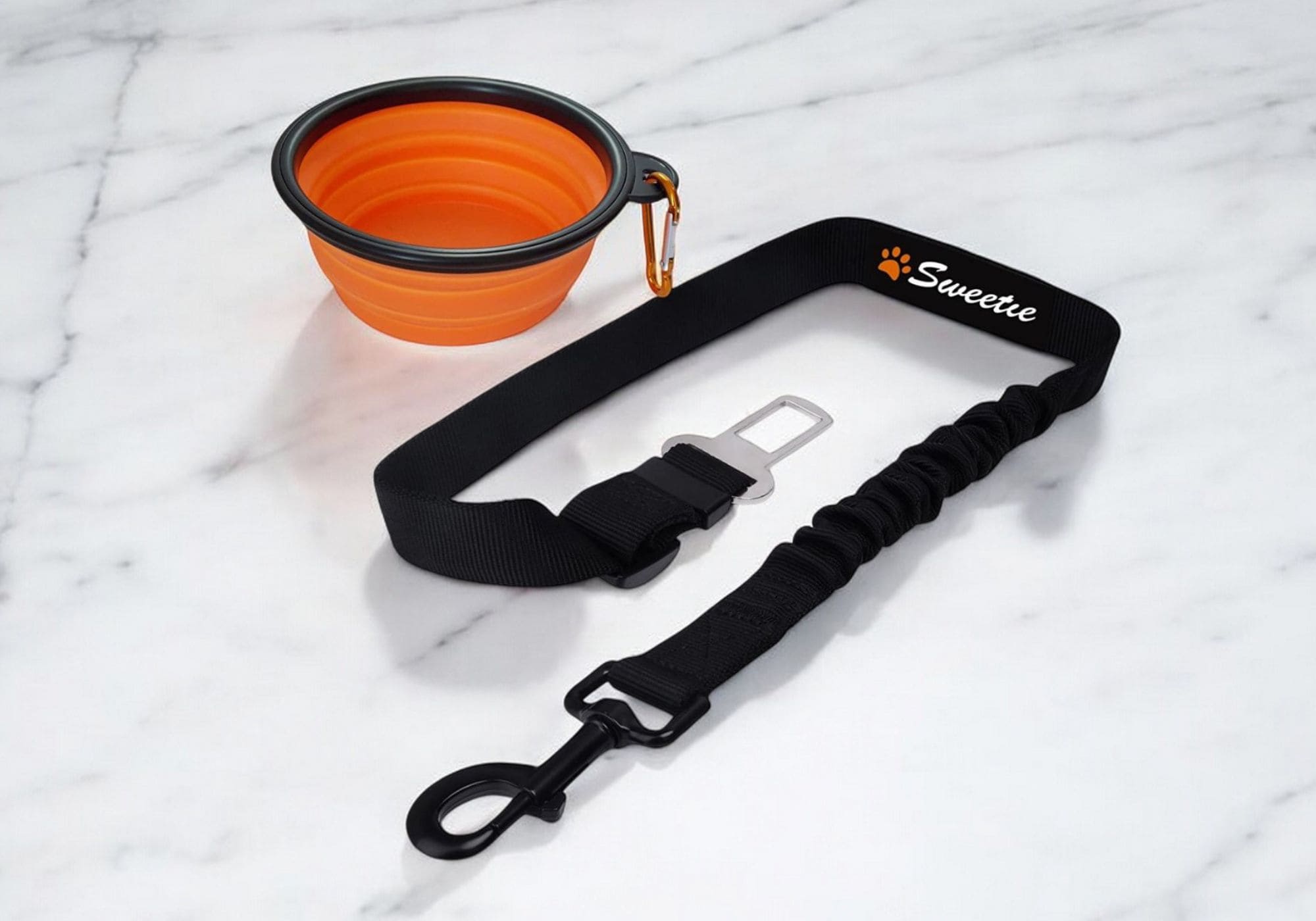
Leave a comment